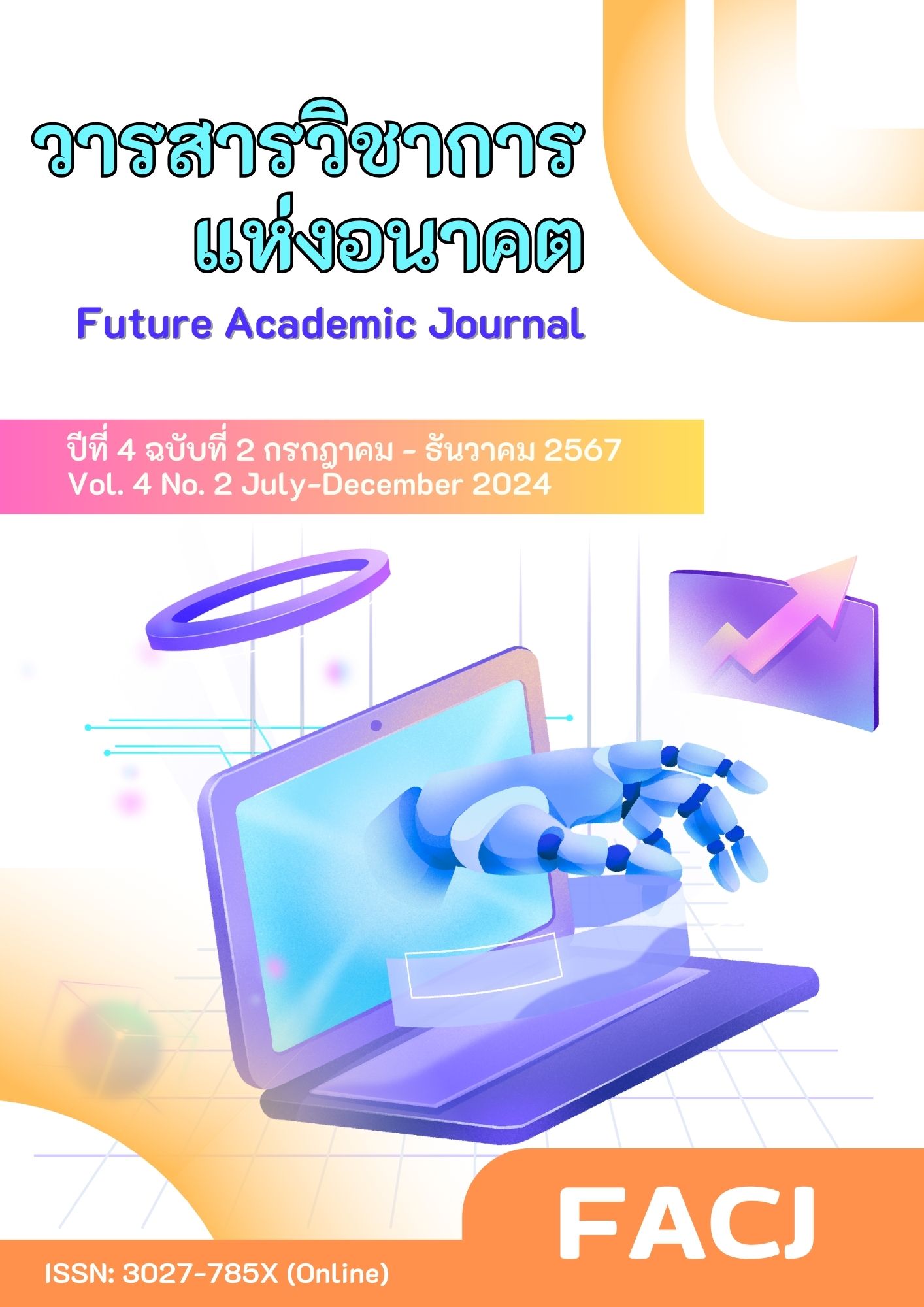Buddhist Mind, the Content of Real Lecture from The Buddha
Main Article Content
Abstract
Buddhist mind is the content of the lecture of the Buddha. When the principles of Buddhist psychology were analyzed, it was found that Buddhist psychology or mind in Buddhism are principles that can be applied for the development of life and society, such as Buddhist psychology and content of lecture from the Buddha, , Buddhist psychology and teaching, Buddhist psychology and governance, psychology and lifestyle ,Buddhist psychology and counseling. The essence of Buddhist psychology in terms of the content of the lecture from the Buddha is as follows.
1) The original nature of the mind found that the human mind is pure in nature but sad because of desire in truth, the human mind is truly blessed, but it still has defilements as long as the defilements cannot be eliminated.
2) The basic principles of Buddhist psychology are based on the following important content of the lecture of the Buddha: concept of natural law, namely the five definitions, and the concept of the law of trinity.
3) Buddhist psychology and humanity from all the studies found that human beings have two parts: body and mind, and the mind is considered to have power over the body. Therefore, humanity arises from the body and mind working together in harmony.
4) Buddhist Psychology and the problem of singularity or realism found that the mind of Theravada Buddhism is a mind that has a recurring process based on the principle of impermanence. Therefore, it is not a mind based on monistic concepts in any way.
5) Buddhist psychology and will problems found that the mind in Buddhism sometimes has free will. Sometimes it can be subject to other necessary conditions
Article Details

This work is licensed under a Creative Commons Attribution-NonCommercial-NoDerivatives 4.0 International License.
References
ชมพูนุท ศรีจันทร์นิล. (2552). จิตวิทยาแนวพุทธ: แนวทางเพื่อการเยียวยา และพัฒนาจิตใจมนุษย์. วารสารมหาวิทยาลัยหอการค้า, 29(4), 23-33.
พระธรรมปิฎก (ป.อ. ปยุตฺโต). (2539). การศึกษาเพื่ออารยธรรมที่ยั่งยืน. พิมพ์ครั้งที่ 3. กรุงเทพฯ: มูลนิธิพุทธธรรม.
พระพรหมคุณาภรณ์ (ป.อ. ปยุตฺโต). (2551). พจนานุกรมพุทธศาสตร์ ฉบับประมวลธรรม. กรุงเทพฯ: มหาวิทยาลัยมหาจุฬาลงกรณราชวิทยาลัย.
พุทธทาสภิกขุ. (2521). การศึกษาคืออะไร. กรุงเทพฯ: สำนักหนังสือธรรมบูชา.
มหาจุฬาลงกรณราชวิทยาลัย. (2535). พระไตรปิฎกภาษาบาลี ฉบับมหาจุฬาไตรปิฏก 2500. กรุงเทพฯ: มหาจุฬาลงกรณราชวิทยาลัย.
สิริวรรณ มิตต์สัตย์สิริกุล. (2565). การประยุกต์ใช้หลักพุทธธรรมในการส่งเสริมสุขภาวะของผู้สูงอายุจังหวัดน่านในสถานการณ์การแพร่ระบาดของโรคโควิด-19. วารสาร มจร พุทธศาสตร์ปริทรรศน์, 6(3), 21-34.


